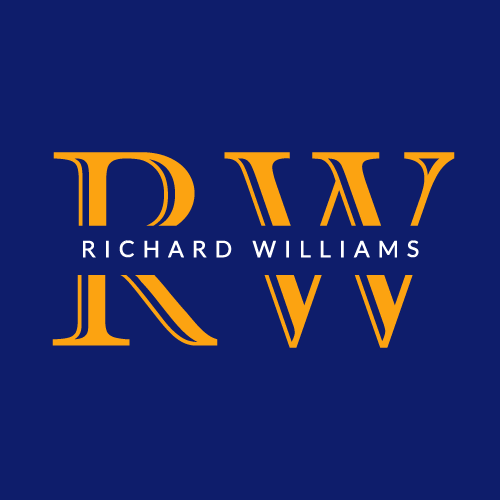A Modern Day Oracle
“In a time of deceit telling the truth is a revolutionary act.”
― George Orwell
“Men occasionally stumble over the truth, but most of them pick themselves up and hurry off as if nothing had happened.”
― Winston S. Churchill
How should we decide what to believe? Should we make decisions using the same type of information that rulers of ancient Greece did? How about using information generated in the top-secret method developed for the military following WWII? Or should we continue to use information that projectile vomits at us with our favorite flavors?
For centuries, the Greeks relied on the Pythia, also known as the Oracle at Delphi, who began practicing around 8,000 BCE. The Oracle was a woman who was revered for her prophetic answers to major questions like “If I go to war, will I win?” She resided in a temple to Apollo on Mount Parnassus. She was said to reach a transcendent state facilitated by inhaling vapors coming from the ground so that her answers came straight from the Apollo. Although a 1927 French excavation dismissed the idea of vapors coming through the temple floor, later research by Jelle De Boer, of the famous African diamond family, recently found that ethylene actually probably did come through intersecting faults into the temple. Either way, by the 4th century CE, after about 1200 years, the oracles were pretty much out of business.
Skip forward sixteen centuries to the 1950s and the U.S. Army asked the Rand Corporation if they could come up with a method to make better decisions. In particular, in complete contrast to the Pythia, they wanted to use group decisions, taking individual authority and psychology out of information generation. The result was the completely misnamed “Delphi Method” where, using available research, individuals offered their judgments anonymously, followed by open discussions of hypotheses and, in some cases, coming to a consensus. Obviously, it’s no longer a secret and there are many iterations of the method in use today.
In a sense, Vegas betting is one variation of the Delphi method. Economists and others have studied betting markets and found them to be pretty good predictors and, in Vegas and other places, you can bet on almost anything, including the number of coronavirus cases.
And that brings us to today. By all appearances, particularly for politicians and the media (and lately, some large companies), deciding what to believe is based on impressions, political advantage and a dearth of facts. Whether it is a political appointment, state laws or highly visible crimes, the decision on what to believe and what to report cannot wait for verifiable facts and truth.
I believe in markets and I think there is a strong, underlying demand for truth, no matter how long it takes. The creation of more reliable information could come from one or many organizations that will not report or comment on anything until the truth has emerged, including what is known, uncertain, and not known. In science and elsewhere, such an organization could establish causation where it can be shown and not just report events just because they are correlated. They would combine research and a non-biased process to reach a conclusion, even if tentative, before reporting anything.
More established factual reports wouldn’t tell you to change your diet based on the latest New England Journal of Medicine study, nor judge a person’s character based on an overheard remark. It wouldn’t shy from reporting any issue no matter who might choose to be offended.
The resulting product would represent both truth and the wisdom to wait for it. That truth would not be afraid of being politically incorrect, proving powerful people wrong, and would have no attachment to either governing philosophy or political party. It will not matter if Twidiots rage against the dying of the darkness of their worldviews. If I’m right, it would at least give pause to those who are competing on time instead of truth.
If it works, it would be a modern-day Pythia, although using more updated methods than an ethylene induced reverie - more resembling the Delphi Method than the Oracle. It may not last twelve centuries, but one or two would be nice.
